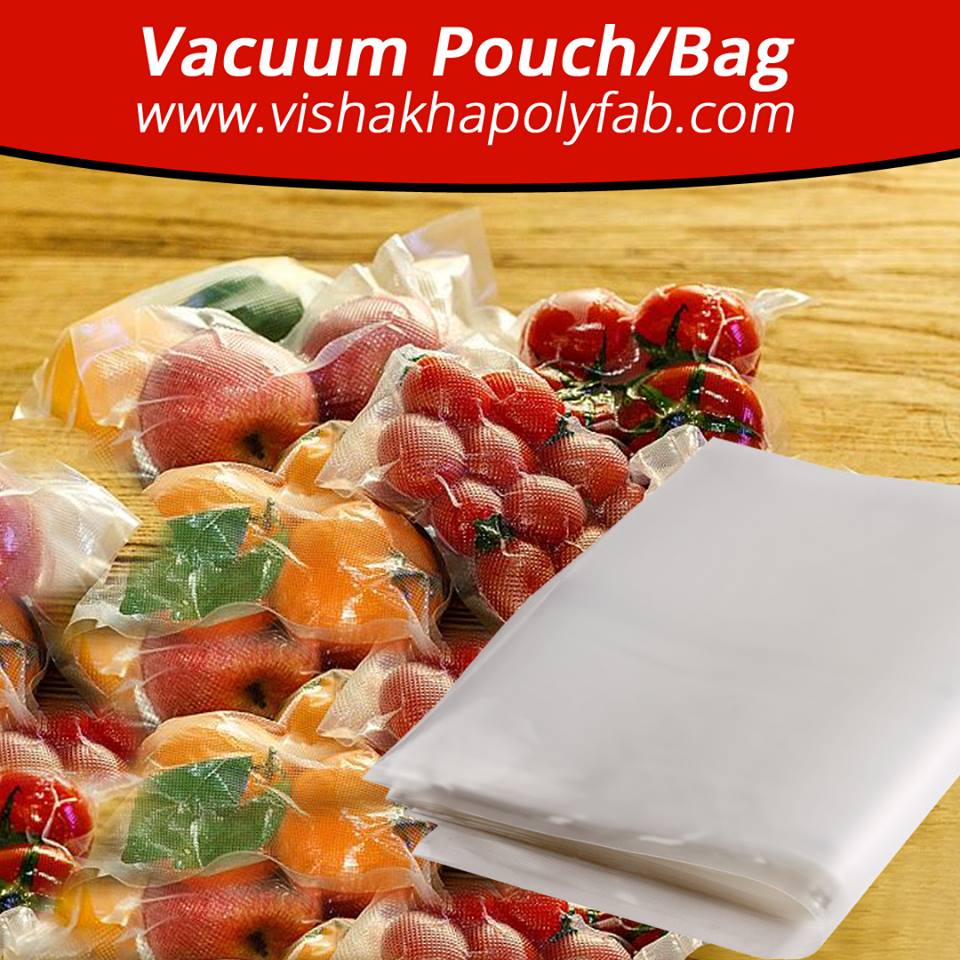May 23, 2023
Preserving food is really important in our daily lives. It helps us make perishable items last longer and reduces food waste. One effective method of food preservation is through the use of vacuum bags. These airtight bags create a seal around the food, removing air and sealing in freshness.
Preserving food has been practised for centuries to prevent spoilage and ensure a stable food supply. Thanks to technological progress, we now have different ways to keep food fresh for longer periods. These methods include canning, freezing, and drying. Vacuum bags have emerged as a popular choice due to their convenience and effectiveness in maintaining the quality of stored food items. Vacuum bags, by sucking out the air, prevent the presence of oxygen. As a result, this process helps to slow down the growth of bacteria that cause food to spoil. It also reduces the risk of getting sick from eating spoiled food.
Whether you’re a backpacking chef or just love to save money on bulk purchases, vacuum bags are an easy way to store food. By employing this method, you have the opportunity to purchase food in large quantities and ensure its longevity for several months. This not only helps you save money but also preserves its freshness and prevents unnecessary waste.
Prolonging Freshness Vacuum Bags
By removing air and sealing the food tightly, vacuum bags significantly extend the shelf life of perishable items. When there is no oxygen, bacteria and fungi can’t grow as easily, which slows down the spoilage process.
Safeguarding Freshness and Flavor with Vacuum Bags
Vacuum-sealed bags prevent oxidation and maintain the freshness, flavour, and nutritional value of the food. This is particularly beneficial for delicate items like herbs, spices, and coffee beans that are prone to losing their aroma and taste when exposed to air.
Preventing Freezer Burn with Vacuum Bags
Freezer burn occurs when food is exposed to air in the freezer, leading to dehydration and the development of unpleasant textures and flavours. Vacuum-sealed bags create a barrier against air, protecting the food from freezer burn and ensuring it remains in optimal condition.

Vacuum Sealing for Fresh and Affordable Food
A highly effective method for reducing expenses is to buy food in bulk and store it in the freezer for later consumption. This will help you take advantage of sale prices and cut down on food waste. An additional way to save money is by storing dry goods in vacuum-sealed bags, which significantly prolongs their shelf life. This method ensures that your supplies remain fresh and usable for an extended duration, allowing you to minimize waste and maximize savings. This helps keep flour, sugar, dry beans, nuts and oats fresher for a long time.
Vacuum sealing is also a good option for storing raw protein such as fish, venison or meat. It will preserve the protein longer and prevent freezer burn. A vacuum sealer is an excellent choice for anyone who likes to hunt, buys in bulk and freezes, defrosts pre-portioned amounts for meal prep or cooks sous vide.
Optimal Storage with Vacuum Packaging for Dry Foods
When storing dry foods for long periods of time, such as cereals, nuts, cured meats and coffee, vacuum packaging is the best option. This is because it removes air from around the food, limiting spoilage bacteria growth and preventing the loss of volatile ingredients.
In addition to a good vacuum sealer, it’s important to use the proper food vacuum bags and rolls. They should be BPA-free and made of durable materials. Choose a bag or roll that is the right size for the amount of food you’re storing.
Time and Savings with Vacuum Bags for Food Preservation
One highly effective approach is to ensure your pantry is well-stocked with provisions that can be securely stored in vacuum bags for extended periods.
It also helps to reduce the amount of air in the bag, which prevents oxidation and dehydration, two key factors that can spoil food. Vacuum sealers also work well for preserving leftovers or making pre-made meals for the freezer.

